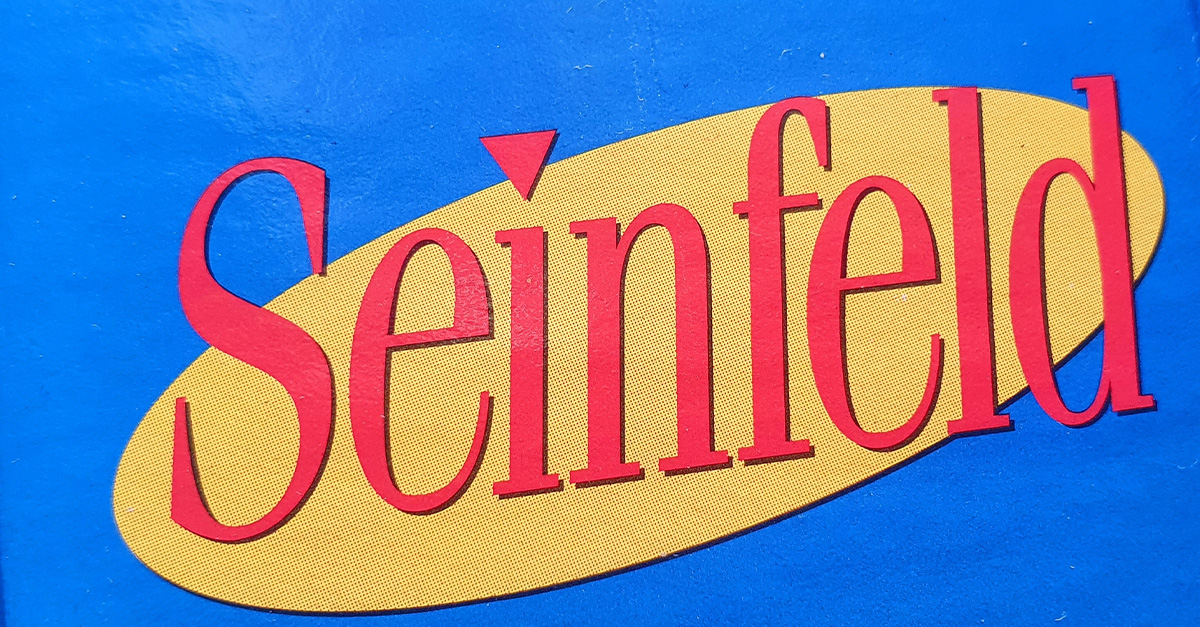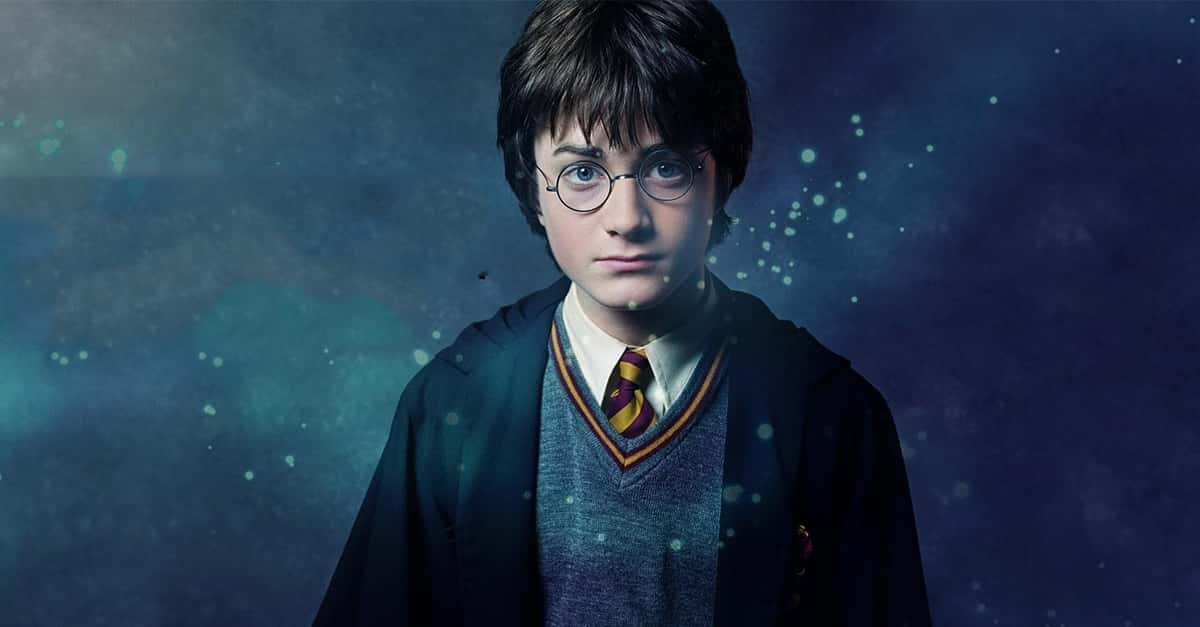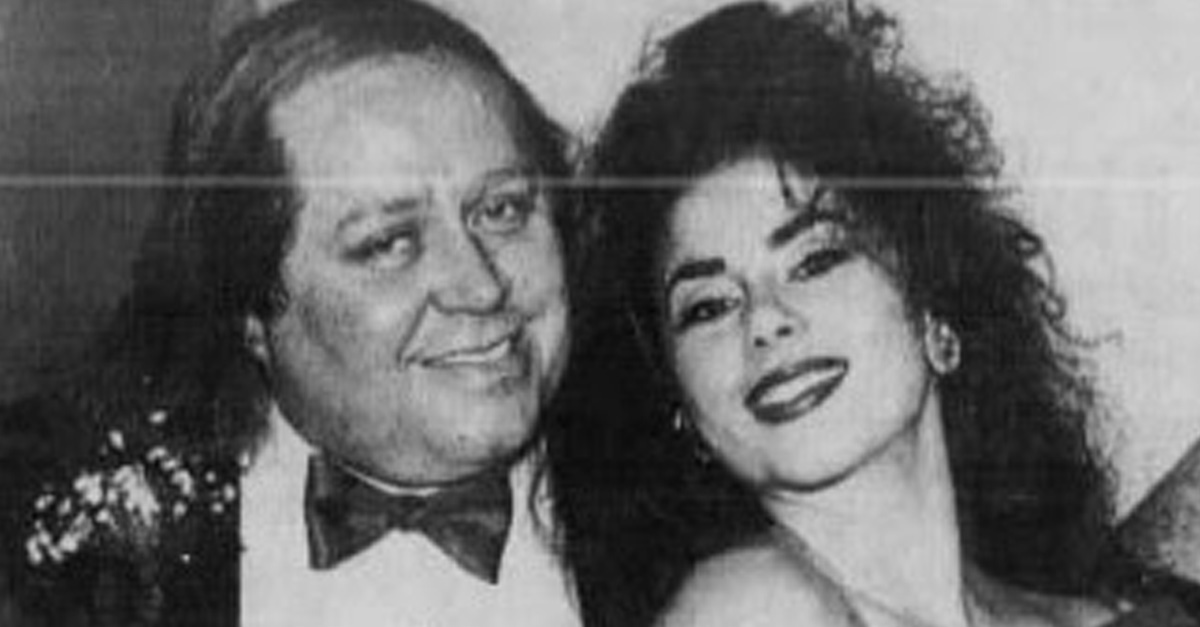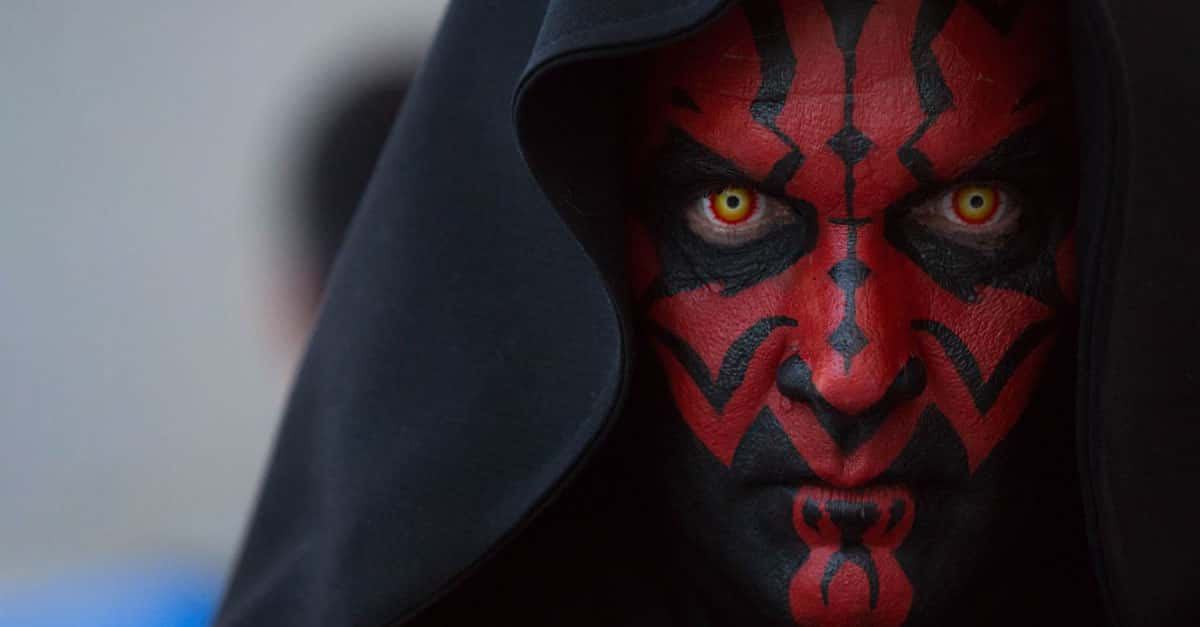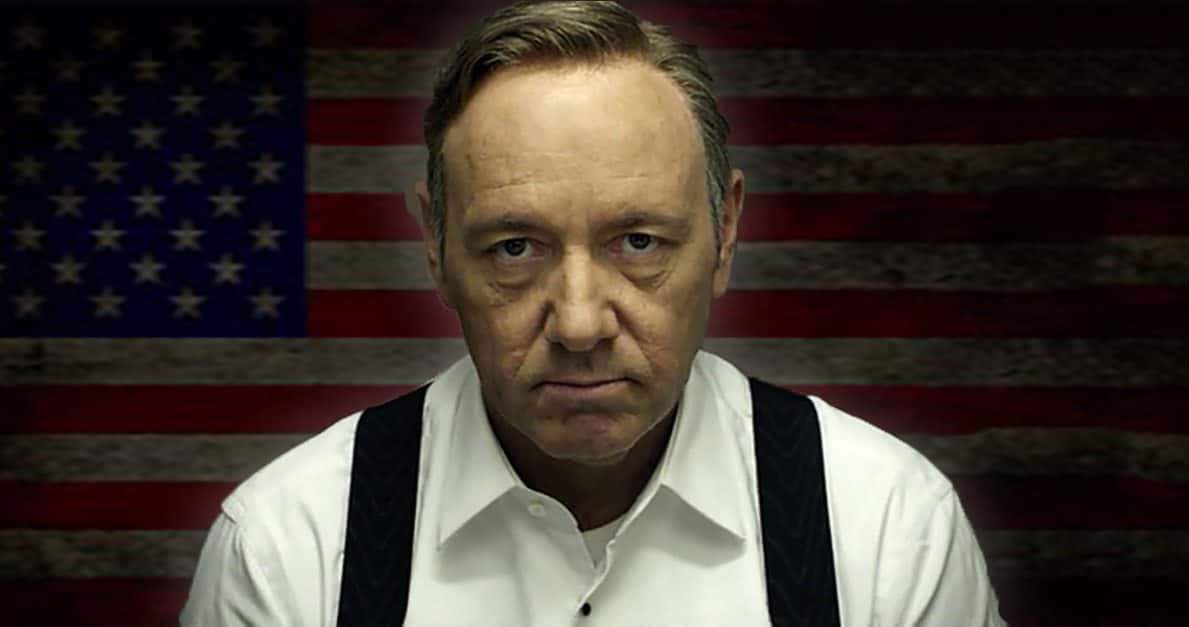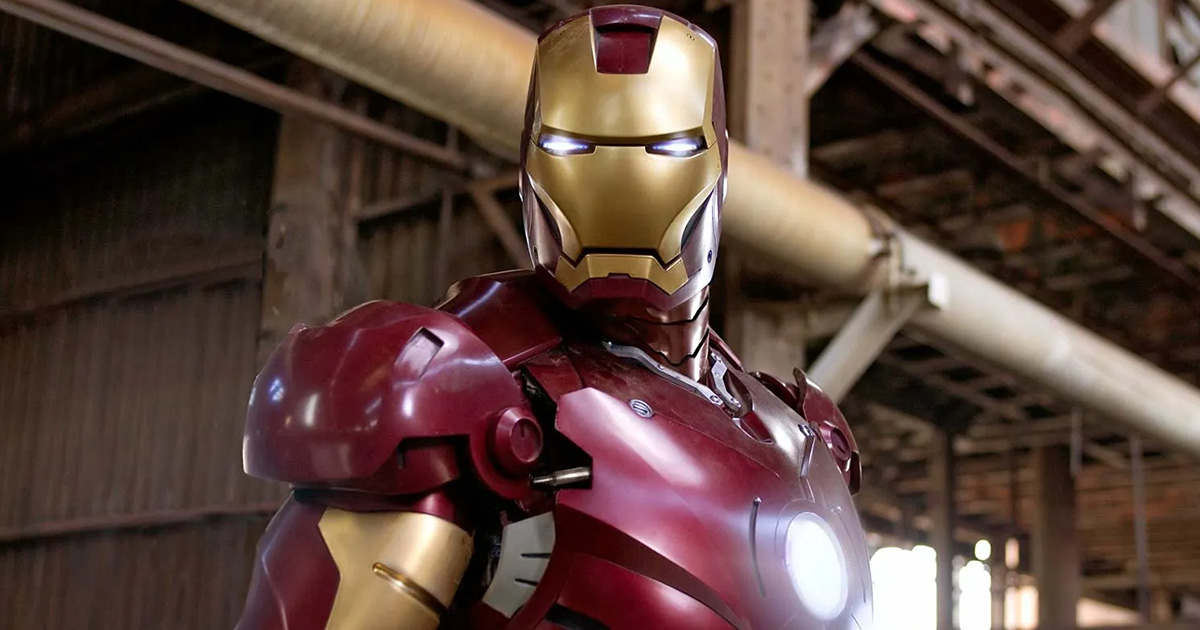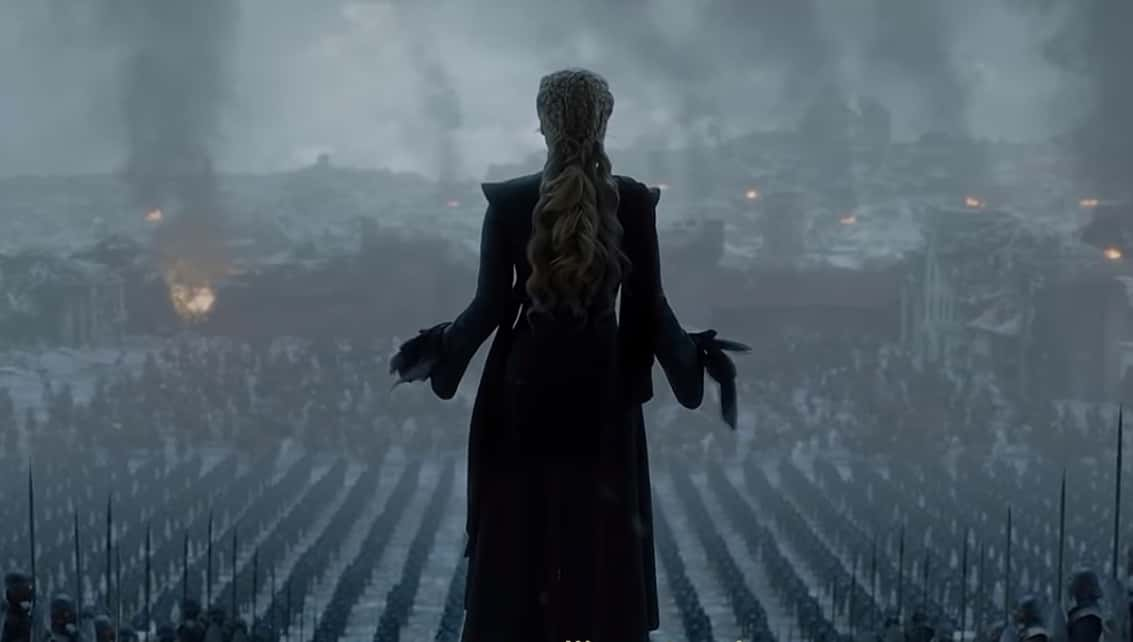If At First Your TV Pilot Doesn't Succeed, Try Again
Every once in a while, television history gets decided in a conference room… with a big, fat “no.” The wildest part? Plenty of those passes eventually turned into shows that redefined eras, launched fandoms, and ate the zeitgeist for breakfast. Here’s a fun, slide-style tour through famous TV projects that were rejected, reworked, or shopped around—before becoming the stuff of syndication and streaming glory.

Star Trek’s First Warp Misfire
Gene Roddenberry’s original pilot, The Cage, was rejected by NBC as “too cerebral” and not action-packed enough. Instead of scrapping it, the network did something unheard of at the time: they ordered a second pilot, Where No Man Has Gone Before. That gamble paid off and launched one of the most enduring franchises in TV history.
The Sitcom That Survived Two No’s
All in the Family filmed not one but two pilots for ABC, only to be turned down both times. CBS finally picked it up, making it a groundbreaking hit that pushed boundaries, tackled taboo topics, and redefined what a sitcom could be in the 1970s.
 CBS, All in the Family (1971–1979)
CBS, All in the Family (1971–1979)
When “The Seinfeld Chronicles” Almost Ended There
The original Seinfeld pilot, then called The Seinfeld Chronicles, tested poorly with audiences who didn’t “get” it. NBC reluctantly gave the show a small summer run, and over time, its offbeat humor and relatable absurdities turned it into a multi-season cultural juggernaut.
 NBC, The Seinfeld Chronicles (1989)
NBC, The Seinfeld Chronicles (1989)
Big Bang, Second Try
CBS initially rejected The Big Bang Theory’s original pilot, which featured a very different tone and a different female lead. After a major rewrite and the introduction of Kaley Cuoco’s Penny, the rebooted version became a 12-season sitcom giant beloved by millions.
 CBS, The Big Bang Theory (2007–2019)
CBS, The Big Bang Theory (2007–2019)
The Kids Were The Point
When the Duffer Brothers pitched Stranger Things, they were turned down 15–20 times because executives wanted the story to center on adults. Netflix finally said yes, keeping the kids in the lead—and the result was one of the platform’s most-watched shows ever.
 Netflix, Stranger Things (2016–)
Netflix, Stranger Things (2016–)
Too Dark… Until It Wasn’t
HBO, FX, and TNT all passed on Breaking Bad, worried about its bleak subject matter and morally questionable protagonist. AMC took the risk, giving the world Walter White and one of television’s most acclaimed dramas.
“Not For Us,” Said Prestige TV
Before Mad Men landed at AMC, it was turned down by premium networks like HBO, which reportedly didn’t even read the script. AMC’s faith in the stylish, slow-burn series reshaped their brand and TV drama as a whole.
 AMC Networks, Mad Men (2007–2015)
AMC Networks, Mad Men (2007–2015)
Tony Soprano’s Long Road To Prime Time
David Chase pitched The Sopranos to major broadcast networks, only to be rejected across the board. HBO saw its potential, greenlit it, and ended up revolutionizing serialized storytelling forever.
Wisteria Lane Wasn’t An Easy Sell
Marc Cherry pitched Desperate Housewives to multiple networks, including HBO, FOX, CBS, and NBC, all of which said no. ABC finally bit, and the show became a pop culture powerhouse with its mix of mystery, humor, and scandal.
 ABC, Desperate Housewives (2004–2012)
ABC, Desperate Housewives (2004–2012)
The $200 Pilot That Could
Rob McElhenney, Glenn Howerton, and Charlie Day shot an ultra-low-budget pilot for It’s Always Sunny in Philadelphia and shopped it around. FX loved its raw, chaotic energy—and the cult classic is still going strong after more than 15 seasons.
 FX, It’s Always Sunny in Philadelphia (2005–)
FX, It’s Always Sunny in Philadelphia (2005–)
The Spirit (Of Christmas) That Scared Fox
South Park began as a crude, viral short called The Spirit of Christmas. Fox balked at the show’s bizarre humor and characters, but Comedy Central embraced it, kicking off decades of irreverent animated mayhem.
 Comedy Central, South Park (1997–)
Comedy Central, South Park (1997–)
“Too Weird” For One Network, Perfect For Another
The seven-minute Adventure Time pilot aired on Nicktoons, but Nickelodeon passed on developing it further. Cartoon Network scooped it up, creating a whimsical, emotional, and wildly popular animated epic.
 Cartoon Network, Adventure Time (2010–2018)
Cartoon Network, Adventure Time (2010–2018)
The Time Lord’s “Pilot” That Wasn’t (Exactly)
BBC’s first recorded version of Doctor Who’s An Unearthly Child was deemed technically flawed and tonally off. It was reshot and debuted to strong reviews, eventually evolving into the longest-running sci-fi series in history.
 BBC, Doctor Who: An Unearthly Child (1963)
BBC, Doctor Who: An Unearthly Child (1963)
From Ricki Lake To Patricia Heaton
ABC originally filmed The Middle with an entirely different cast, including Ricki Lake as the lead, and even set it in a different town. After a rework and recast, the show became a nine-season family sitcom favorite.
Archie Took A Detour
Before finding a home on The CW, Riverdale was developed at Fox, which never ordered a pilot. The CW reimagined the Archie Comics universe as a dark, mysterious teen drama that developed a passionate fanbase.
Buffy Slayed Her Second Chance
The first Buffy the Vampire Slayer pilot never aired, as networks weren’t sold on its execution or supporting cast. The retooled version, with a new Willow and sharper writing, became a beloved cult hit.
 20th Century Fox Home Entertainment, Buffy the Vampire Slayer (1997–2003)
20th Century Fox Home Entertainment, Buffy the Vampire Slayer (1997–2003)
The Thrones Pilot That Had To Be Reforged
HBO didn’t reject Game of Thrones, but the original pilot was confusing, poorly paced, and featured some miscast roles. Massive reshoots turned it into one of the most talked-about series of the 2010s.
 HBO, Game of Thrones (2011–2019)
HBO, Game of Thrones (2011–2019)
“We’ll Take Two Seasons Up Front”
Before House of Cards landed at Netflix, it was pitched to HBO, Showtime, and AMC. Netflix swooped in, ordering two seasons without a traditional pilot—setting a new precedent for streaming originals.
 Netflix, House of Cards (2013–2018)
Netflix, House of Cards (2013–2018)
A Sitcom Recast By Spooky Necessity
The original Munsters pilot was in color and featured a Morticia-like matriarch named Phoebe. CBS demanded changes, leading to recasting and the black-and-white gothic comedy we know today.
The Lynchian Pilot That Became An Oscar-Nominated Film
David Lynch created Mulholland Drive as a pilot for ABC, but the network thought it was too strange. Lynch expanded it into a film, which became an acclaimed surrealist masterpiece.
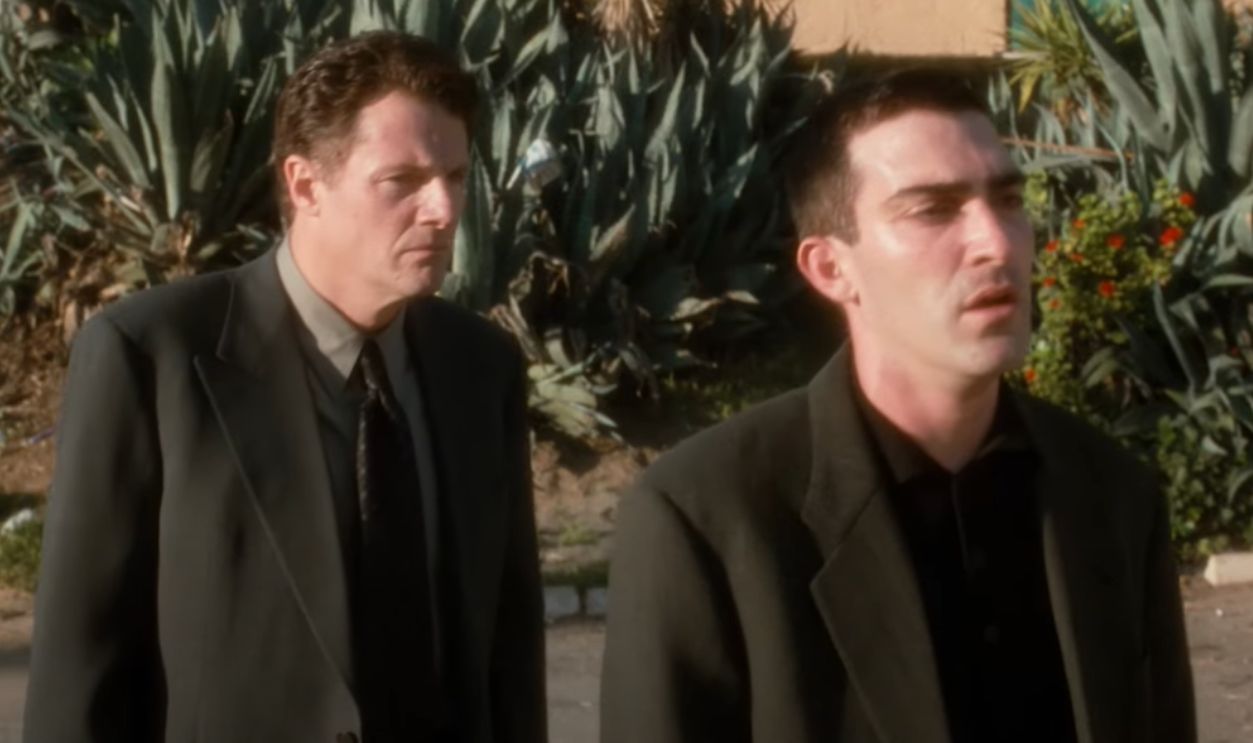 Universal Pictures, Mulholland Drive (2001)
Universal Pictures, Mulholland Drive (2001)
Sunny’s DIY Shopping Spree
That infamous $200 It’s Always Sunny tape made the rounds at several networks. Most wanted to change it; FX embraced its chaos, keeping the creator-led spirit intact.
 FX, It’s Always Sunny in Philadelphia (2005–)
FX, It’s Always Sunny in Philadelphia (2005–)
From Viral Short To Cable Avalanche
South Park’s early buzz from The Spirit of Christmas proved that audiences craved its outrageous humor. This grassroots popularity helped it explode when Comedy Central finally picked it up.
 Comedy Central, South Park (1997–)
Comedy Central, South Park (1997–)
Prestige Says No, Basic Cable Says Yes
Both Mad Men and Breaking Bad were dismissed by big-name networks before finding homes on AMC. Those “no’s” ended up transforming AMC into a prestige-TV powerhouse.
Second Pilot, First Contact
Star Trek’s rare second-pilot order wasn’t just a lifeline—it was a history-making decision. It allowed Roddenberry to reshape the show into the iconic sci-fi adventure we know.
 NBC, Where No Man Has Gone Before (1966)
NBC, Where No Man Has Gone Before (1966)
The “Rejected” That Turned Into Fandom Fuel
The unaired pilots for Buffy and Doctor Who are now fan curios, treasured by hardcore viewers. They’re proof that imperfect beginnings can still lead to legendary legacies.
 BBC, Doctor Who: An Unearthly Child (1963)
BBC, Doctor Who: An Unearthly Child (1963)
Rejections That Redefined Networks
From Desperate Housewives revitalizing ABC to House of Cards redefining Netflix, many “pass” decisions ended up reshaping entire TV landscapes in ways no one could have predicted.
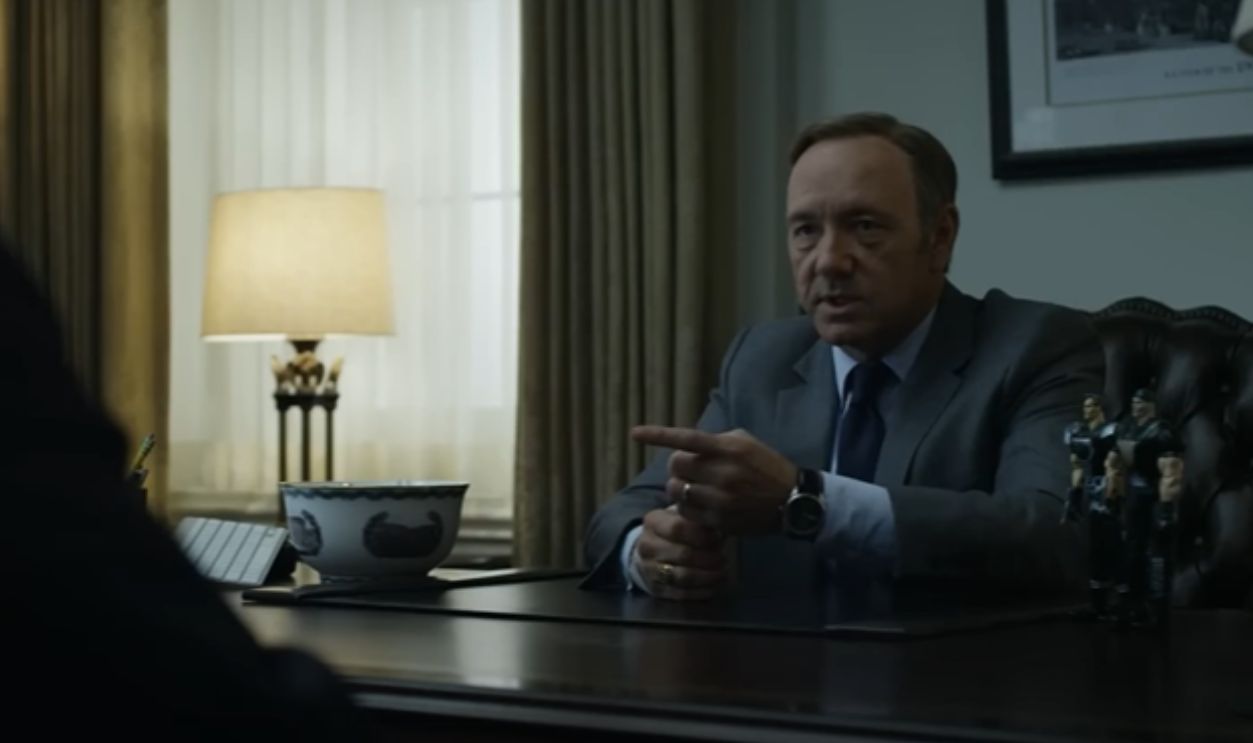 Netflix, House of Cards (2013–2018)
Netflix, House of Cards (2013–2018)
The Lesson From The Ones That Got Away
Whether deemed too weird, too dark, too young-skewing, or just too risky, these pilots show that rejection isn’t the end—it can be the secret ingredient to a show’s success.
 NBC, Where No Man Has Gone Before (1966)
NBC, Where No Man Has Gone Before (1966)
Curtain Call
If there’s a moral here, it’s this: a “no” in TV land is often just the scenic route to “yes.” The pilots above weren’t born perfect—they were debated, reshaped, reshot, and sometimes flat-out rejected. But when the right partner finally came along, each one exploded into a hit (or, in Lynch’s case, a cinema classic). In Hollywood, fortune favors the stubborn.
 HBO, Game of Thrones (2011–2019)
HBO, Game of Thrones (2011–2019)
You May Also Like:
These Celebrities Switched Careers With Remarkable Success
Can You Name Every Best Picture Winner From 2004 To 2025?

